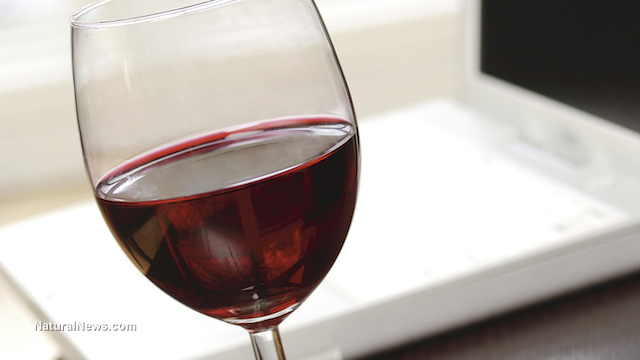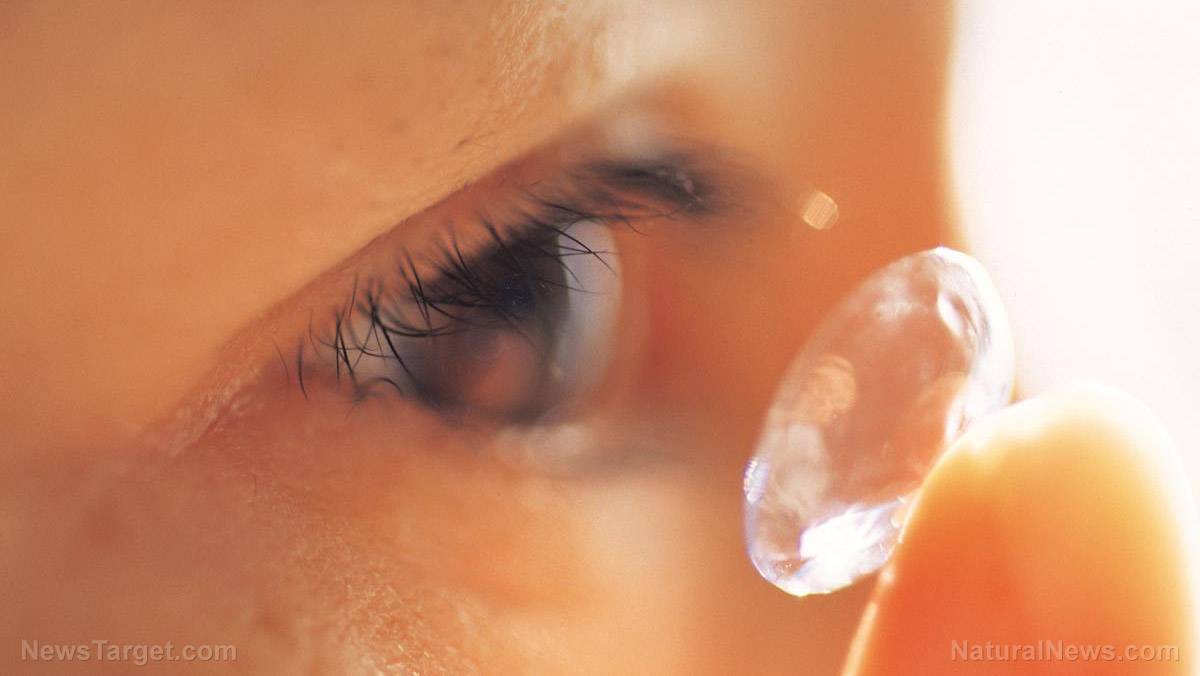Drinking a glass of wine every day does not increase your risk of prostate cancer – as long as you still practice healthy habits
06/22/2018 / By Carol Anderson

Prostate cancer is the most common form of cancer among men, and it occurs when abnormal cells develop in the prostate. It is a slow-growing disease and men who have it do not usually exhibit any symptoms. However, prostate cancer is an age-dependent disease which means that the risk of developing it increases with age. While genetics plays a role in one’s health, it is still important to understand that diet and lifestyle are both the major key players attributing to one’s health.
Alcohol, for example, has always been believed to increase the risk of prostate cancer among men. However, a new research study disputes this old adage and claims that drinking red wine has protective side-effects and may reduce the overall risk of getting the disease.
Shedding new light into evidence is Shahrokh Shariat, Head of MedUni Vienna’s Department of Urology, who led the international research study of linking wine consumption to reduce the risk of prostate cancer. Shariat impugns that moderate wine consumption – approximately one glass a day – does not significantly increases the risk. He further relayed that drinking this particular type of liquor is beneficial to the body for as long as one also takes other health factors into consideration, such as smoking and eating too much sugar or red meat.
Using the data gathered from 17 high-quality studies involving 611,000 patients, cuts off the risk of developing prostate cancer by 12 percent, while consuming white wine increases the risk by 26 percent. (Related: Prostate Cancer – Discover five scientifically proven tips and prevent it naturally.)
Originally published in Clinical Epidemiology, the study claimed that the difference between the effects of white wine and red wine lies on the resveratrol; a chemical found in the skin of red grapes released during the winemaking process. Resveratrol inhibits cancer cell growth in many cell lines, including cancers of the lung, prostate, colon, breast, and ovaries.
Through several animal studies, it has been concluded that rich sources of polyphenol antioxidants can actually reduce tumor incidence in animal models by interfering with carcinogenesis.
“Indeed, it has already been shown that polyphenols, which are predominantly found in red wine, can have a protective effect in other diseases and other types of cancer,” the lead author said.
Furthermore, it’s been confirmed by the European Food Authority that polyphenol-rich olive oil protects blood lipids from oxidative stress. “Potentially the polyphenols from red wine can be used preventatively.”
Meanwhile, Dr. Mihai Dorin Vartolomei from the University of Medicine and Pharmacy of Tirgu Mures in Romania said that further studies have to be created to analyze their findings.
Prostate cancer in the U.S.
In the U.S., prostate cancer, alongside skin cancer, remains one of the most common forms of cancer. This year, the American Cancer Society estimates that around 164,690 new cases of the disease will be reported and that the condition will result in at least 29,000 deaths.
Many accounts in the past have been reported where men did not know that they had prostate cancer until it was too late. This makes understanding its symptoms very important.
- Frequent urges to urinate both day and night
- Weak flow of urine
- Difficulty in urinating
- Urinary retention
- Difficulty in controlling urges to urinate
- Pain during urination
- Pain on the lower abdomen, lower back, hips, or thighs
- Blood in urine or semen
Find other ways to prevent the main causes of prostate cancer by following CancerCauses.news today.
Sources include:
Tagged Under: alcohol addiction, alcohol consumption, cancer, exercise, fitness, liquor, men's health, Prostate cancer, red wine, risk reduction, stop smoking, white wine



















